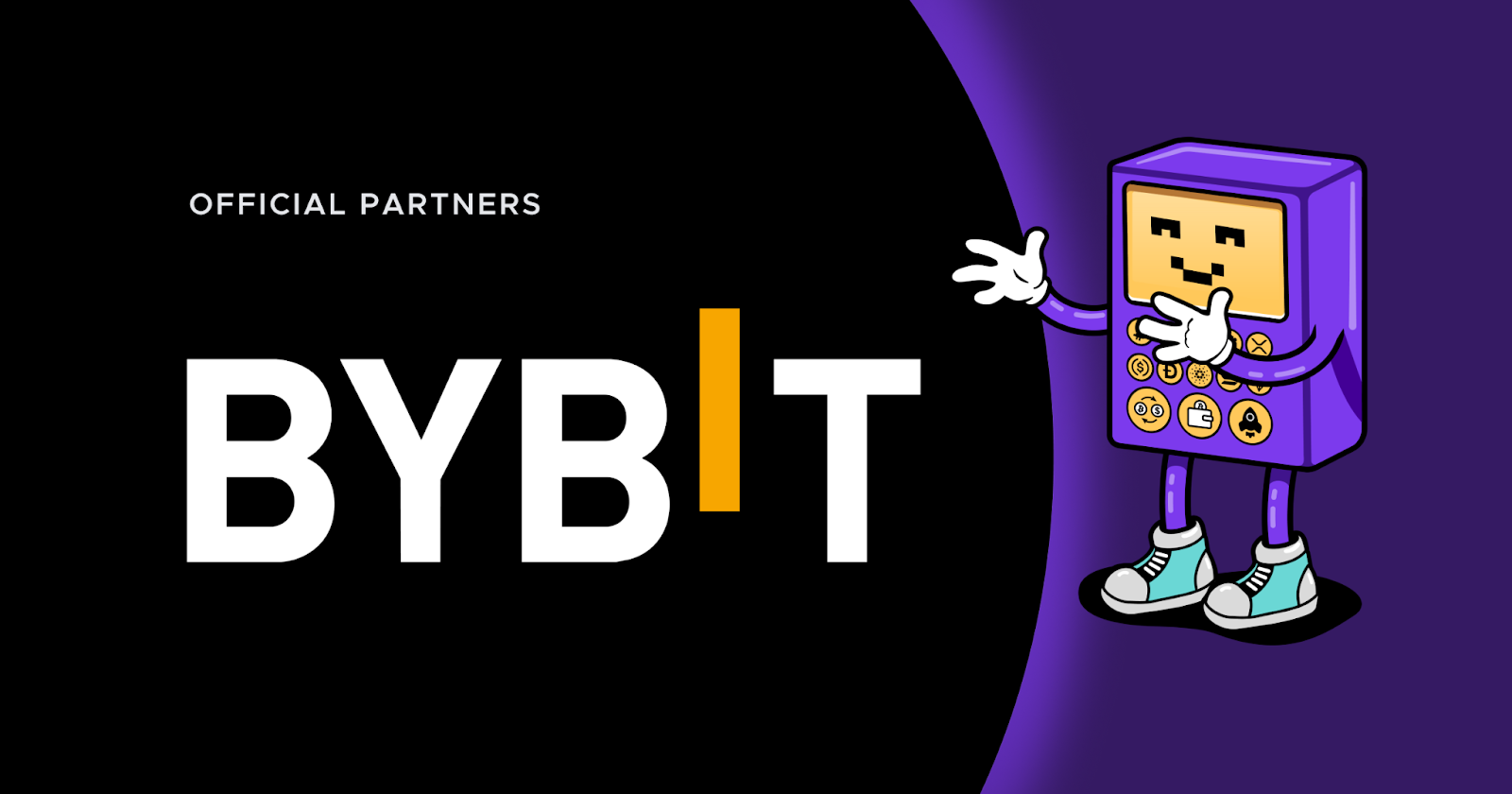Why Summ?
Summ comes from summation, which is defined as:
- the act or process of forming a sum
- sum, total
- cumulative action or effect
- a final part of an argument reviewing points made and expressing conclusions
It speaks to where we are and where we're going. Knowing the sum of all the parts is how smart decisions are made.
Summ is about adding clarity and subtracting doubt.
What changes?
Not a whole lot. You can now find us here, at summ.com. If you like, you can update your bookmarks. But don't worry, we've handled the redirects.
Your login credentials, your data and your reports all stay the same. So does your peace of mind.
Why rebrand?
When I launched Crypto Tax Calculator in 2018, I had a single mission: making light work of crypto tax for onchain transactions.
Truthfully, I didn't know what to call the business. Solving the pain and stress I had experienced first-hand, and had seen others experience, felt much more important than a catchy brand name. At the time, nobody was using Crypto Tax Calculator, so I went with that.
Fast forward to today, and the space looks a lot different; more people are starting to understand that they need to pay tax on their crypto.
As the space has developed, people have started to struggle to differentiate us from the other options in the market. We've even had copycats appear, which is a security concern.
In short, there are now a handful of crypto tax calculators on the market, but only one was the Crypto Tax Calculator.
As crypto has matured, so have we. We now have staff across four continents and offer our solution in over 180 countries. We're backed by global giants like Coinbase and Metamask, and beloved by individual investors and their accountants. We continue to double down on onchain support and regulatory rigour. I may be biased, but our users aren't. We're the best solution out there.
So, we needed to make it easy for people to find us. We needed to shift to a more identifiable brand.
To Summ it up, crypto has changed, and so must we. That's why we've become Summ.
Thanks for being with us on this ride. From day one until now, you have helped shape what we have built, and we could not be more excited for what comes next.
Shane Brunette
Co-Founder & CEO
The information provided on this website is general in nature and is not tax, accounting or legal advice. It has been prepared without taking into account your objectives, financial situation or needs. Before acting on this information, you should consider the appropriateness of the information having regard to your own objectives, financial situation and needs and seek professional advice. Summ (formerly Crypto Tax Calculator) disclaims all and any guarantees, undertakings and warranties, expressed or implied, and is not liable for any loss or damage whatsoever (including human or computer error, negligent or otherwise, or incidental or Consequential Loss or damage) arising out of, or in connection with, any use or reliance on the information or advice in this website. The user must accept sole responsibility associated with the use of the material on this site, irrespective of the purpose for which such use or results are applied. The information in this website is no substitute for specialist advice.





































































































































































.png)


